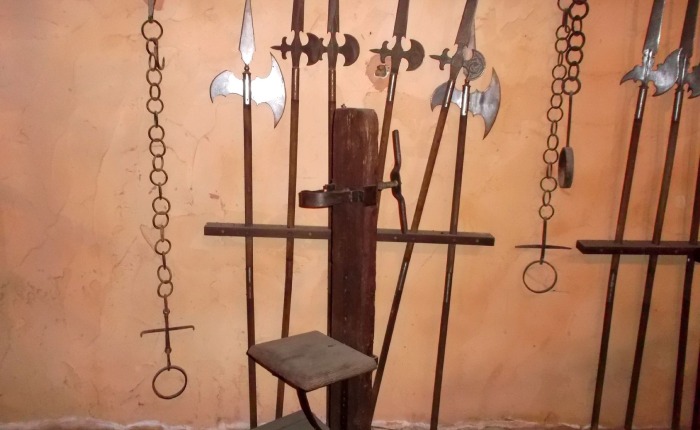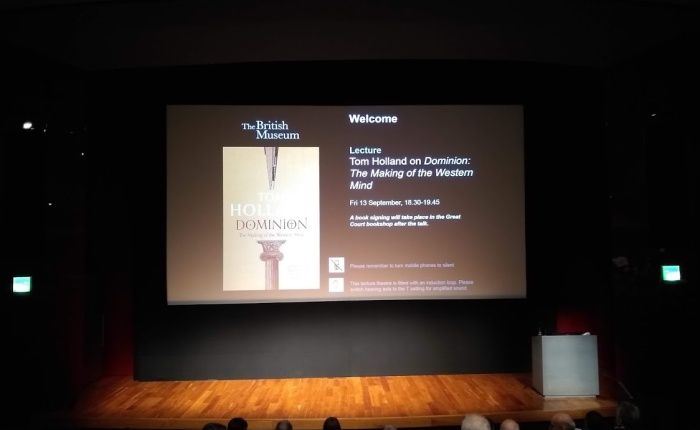The popular notion of the Inquisition is that of a monstrous tyranny spanning the centuries, bent on eliminating heresy wherever it was found, torturing people for confessions and condemning them to being burnt at the stake. It is often claimed that hundreds of thousands or even millions of unfortunates died at the hands of the Catholic church in this fashion, and that Jews and Protestant reformers were particular targets. It’s commonly raised when opponents want to criticize Christianity.
However, historians have known for some time that this view of the Inquisition is vastly exaggerated. Many archives are available, and a number of books have been published by historians in recent years that correct the record.
What was the Inquisition? Inquisitions were church tribunals instituted by the Catholic church (usually in conjunction with the state) to combat heresy, although their remit was eventually broadened to other offences. They were concerned primarily with baptised Catholics. Inquisitions could use torture to obtain confessions, and handed unrepentant heretics over to secular authorities to be sentenced. There were actually a number of inquisitions – the Medieval Inquisition, from 1184 to 1500s; the Spanish Inquisition, from 1478-1800s; the Portuguese Inquisition from 1536-1800s; and the Roman Inquisition, from about 1588 to 1800s.
The Spanish Inquisition is the most notorious of these. It was actually established and controlled by the Spanish monarchy working with the church and concentrated on conversos – Muslims or Jews who had converted to Catholicism and who were suspected of maintaining their old religious practices. In 1492 the Spanish monarchy expelled Jews from Spain, and many converted to Catholicism to avoid expulsion.
So was the Spanish Inquisition really as genocidal as some claim? As far as historians can tell, approximately 5,000 executions were carried out during the 350 years of the Spanish Inquisition, or perhaps 15 a year. Not insignificant, but certainly nothing like popular claims. To put these figures in context, China executes thousands of its citizens per year. Most people accused of heresy were acquitted or had their sentences suspended. Yes, torture was used in a small percentage of trials, but the use of torture was routine throughout Europe at the time. Inquisition trials were actually fairer and more lenient than secular trials. It should be noted too that capital punishment was very widely used during this period for a broad range of offences.
Up until 1530, Protestant reformers were not targeted by the inquisitions, because Protestants did not exist until this period. There were very few Protestants in Spain, so few Protestants were affected. The Roman Inquisition targeted Protestants in Italy more deliberately, which resulted in most Italian reformers leaving Italy.
So how should Christians treat accusations regarding the horrors the church has inflicted via inquisitions? Facts are important, particularly when they have been so distorted. We should endeavour to have an accurate picture of the historical context and to separate truth from exaggeration. But conversely, we should never attempt to minimise past wrongs committed by the church. It is abhorrent and deeply regrettable that anyone was tortured and executed with church involvement, no matter what the actual numbers are.
Peters, Edward. Inquisition. New York: Free Press, 1988.
Kamen, Henry. The Spanish Inquisition: An Historical Revision. London: Weidenfeld & Nicolson, 1997.
Kamen, Henry. The Myth of the Spanish Inquisition. 1994. Timewatch series, BBC.

